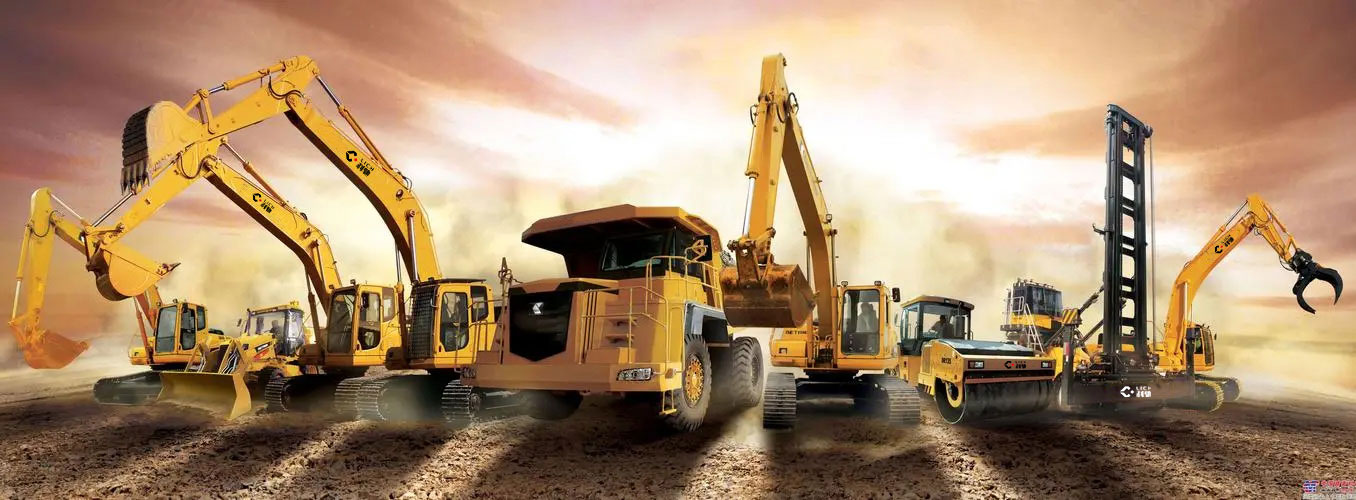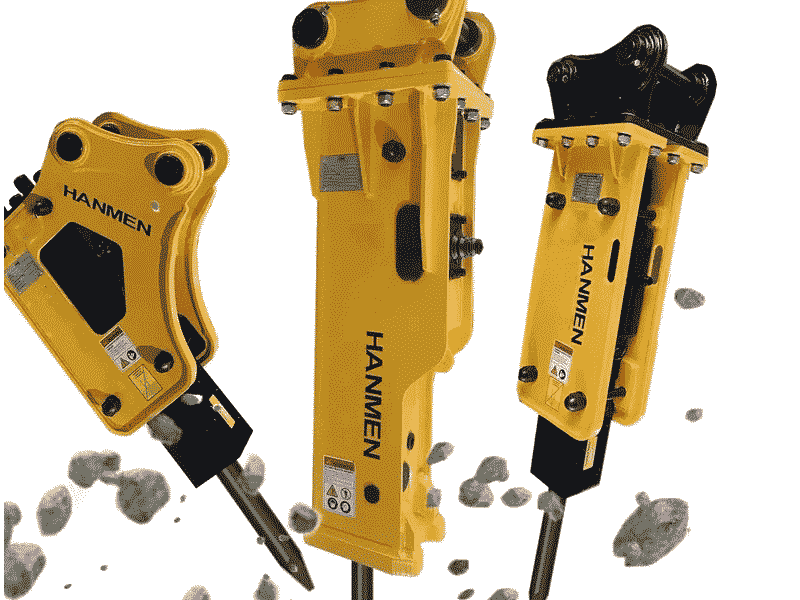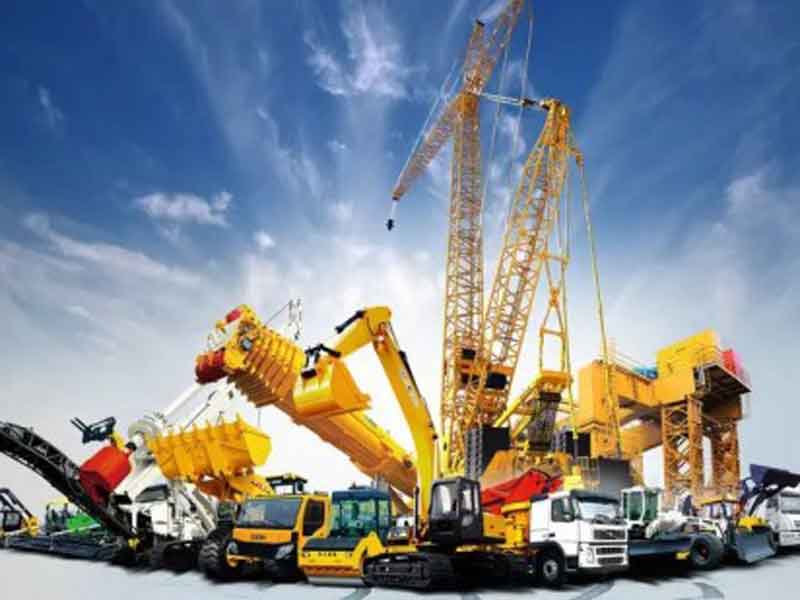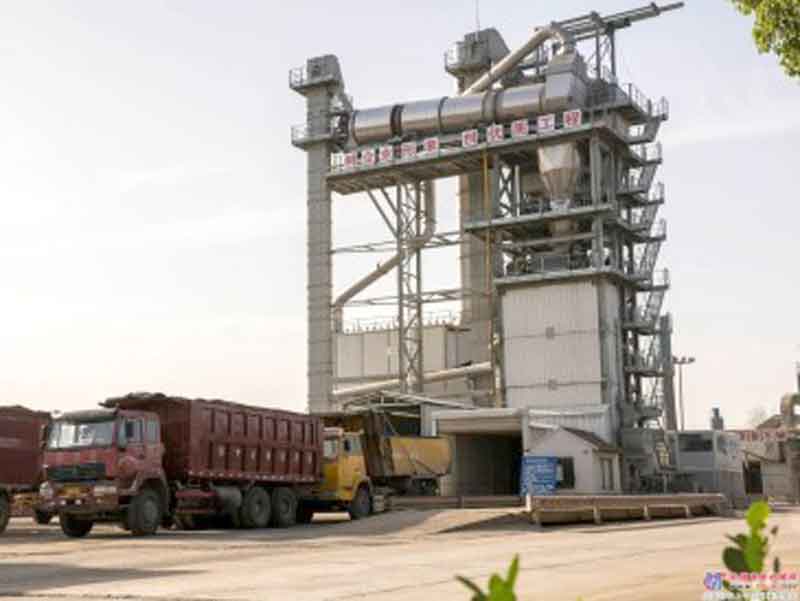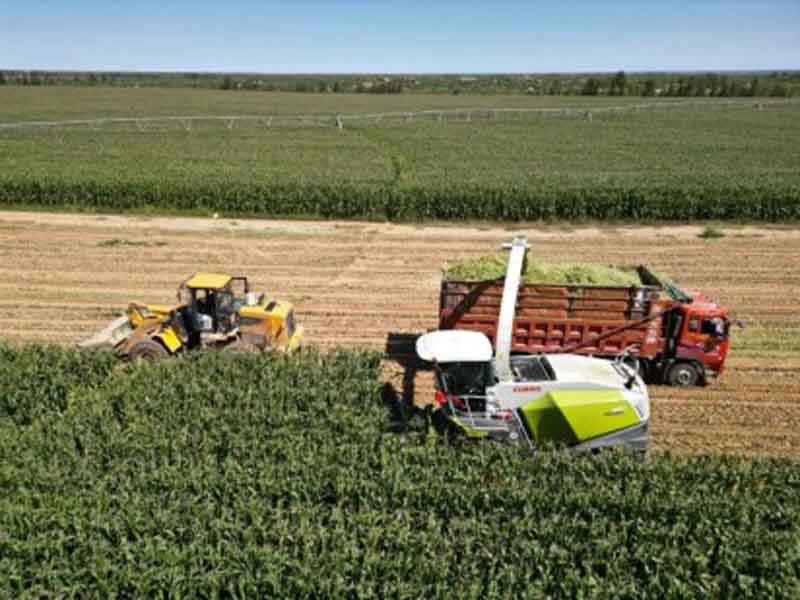Diesel Concrete Pump
Introduction
The diesel engine drives the hydraulic system to make the piston in the delivery cylinder move back and forth, thereby generating pressure to achieve the suction and discharge of concrete, and continuously transport the concrete along the pipeline to the designated location.
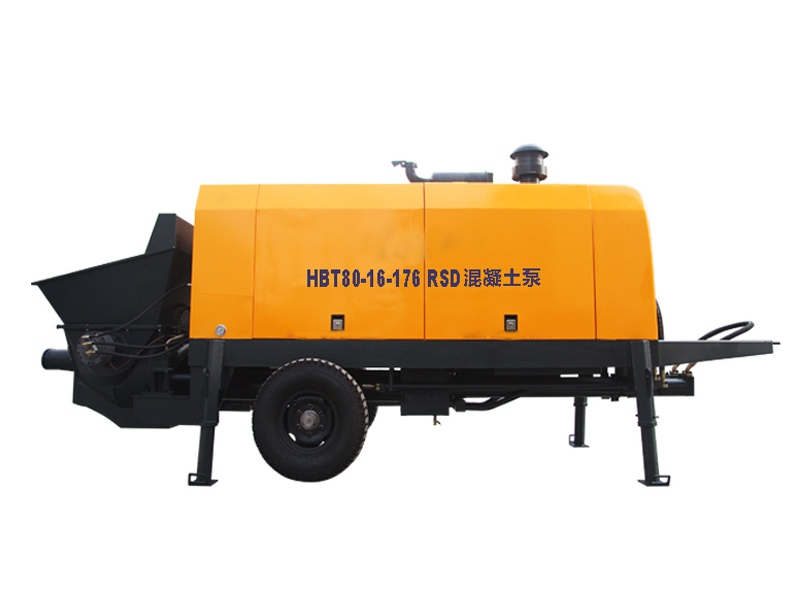
Advantages
Independent power supply: Using the diesel engine as the power source, there is no need to rely on an external power supply. It can work independently in places where there is no power supply or unstable power supply, such as remote mountainous areas, field construction sites, temporary construction sites, etc., with strong flexibility and adaptability.
Powerful power: The diesel engine has a high power and torque output, which can provide strong power support for concrete pumping, making concrete pumping more efficient and smooth, especially suitable for high-lift and long-distance concrete delivery tasks.
Flexible and flexible: Diesel concrete pumps are usually designed to be mobile and can be installed on trailers or car chassis, which is convenient for transfer between different construction sites. It can quickly reach the work site and be put into use, which improves the utilization rate and construction efficiency of the equipment.
Wide range of application: It can transport concrete of various types and slumps, including ordinary concrete, high-strength concrete, flowable concrete, etc. It also has a certain adaptability to the maximum particle size of aggregates, which can meet the construction needs of different projects.
High reliability: The structure is relatively simple and maintenance is convenient. Key components such as diesel engines, hydraulic pumps, and conveying cylinders have undergone long-term technical development and practical tests, and have high reliability and stability, and can work continuously for a long time in harsh construction environments.
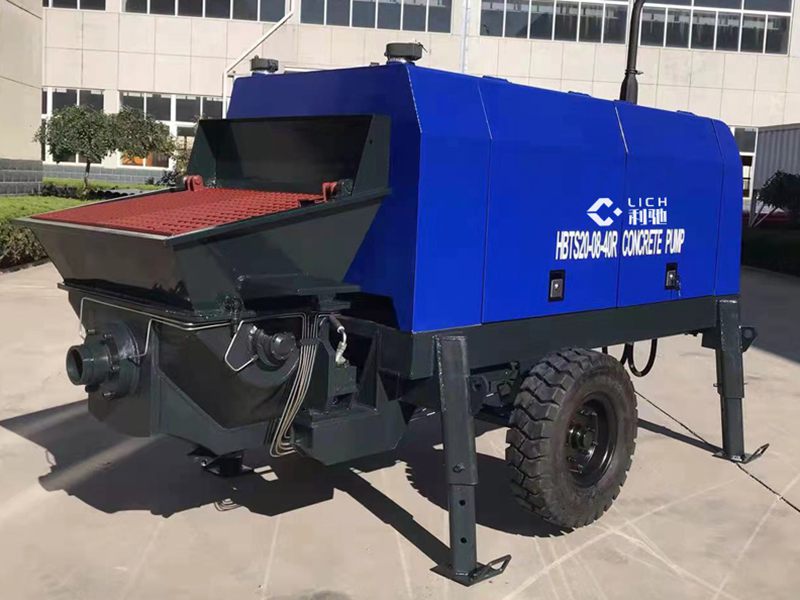
https://www.lichmach.com/pro_cat/construction-machinery/concrete-pump/

